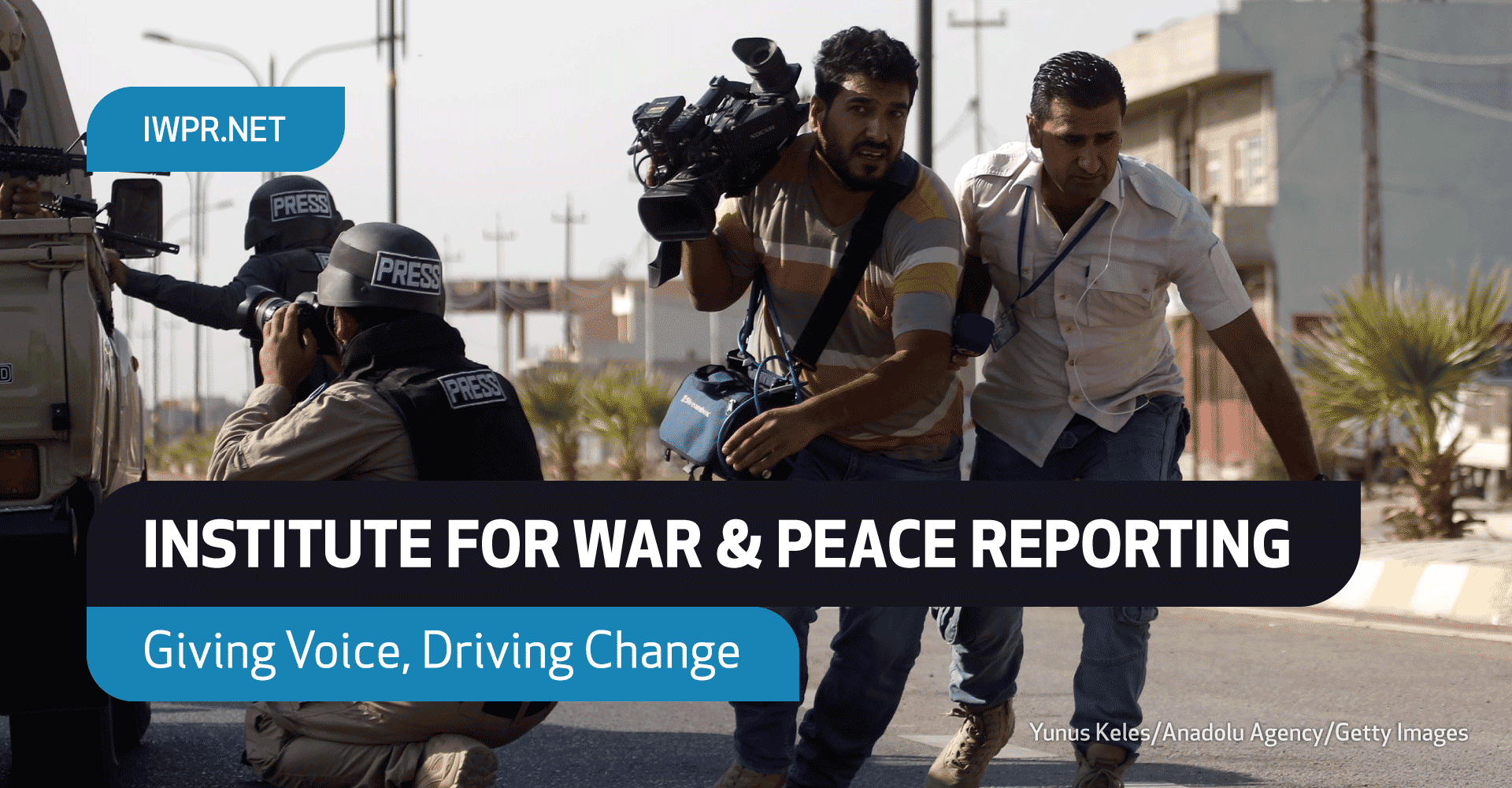Re: Regional geopolitics
The statement its true Haykakan......the only ally we had from day 1 to last day war Iran. There was one warning from Iran and that was not to allow the conflict to get inside its border.
Also I don't agree Russia stopped Turkey from getting involved in NKR war as much as people say. They massed troops in case Armenia attacked Azerbaijan and show of force.
Overrunning Armenia will get Russia and Iran involved to our benefit.....being ally or not, none of the two countries can effort Turkey connecting to Azerbaijan.
The statement its true Haykakan......the only ally we had from day 1 to last day war Iran. There was one warning from Iran and that was not to allow the conflict to get inside its border.
Also I don't agree Russia stopped Turkey from getting involved in NKR war as much as people say. They massed troops in case Armenia attacked Azerbaijan and show of force.
Overrunning Armenia will get Russia and Iran involved to our benefit.....being ally or not, none of the two countries can effort Turkey connecting to Azerbaijan.







Comment